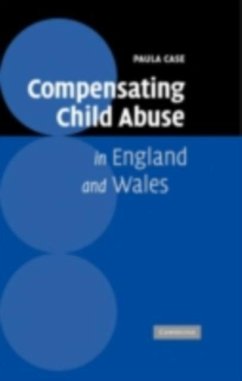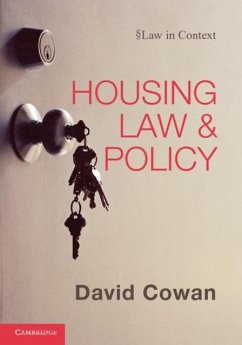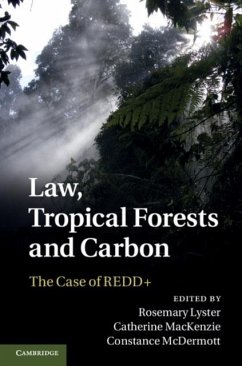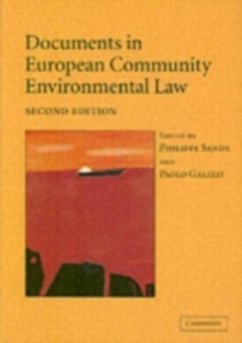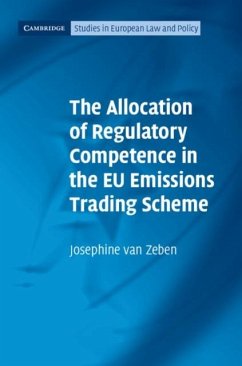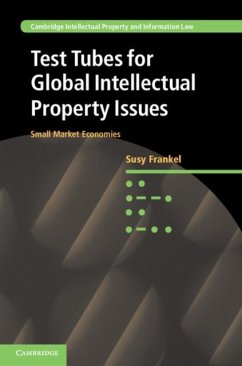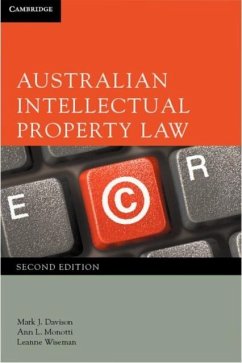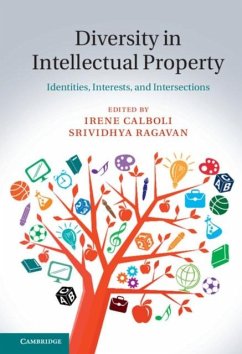
Pollution and Property (eBook, PDF)
Comparing Ownership Institutions for Environmental Protection
Versandkostenfrei!
Sofort per Download lieferbar
32,95 €
inkl. MwSt.
Weitere Ausgaben:

PAYBACK Punkte
16 °P sammeln!
Environmental protection and resource conservation depend on the imposition of property rights (broadly defined) because in the absence of some property system - private, common, or public - resource degradation and depletion are inevitable. But there is no universal, first-best property regime for environmental protection in this second-best world. Using case studies and examples taken from countries around the world, this 2002 book demonstrates that the choice of ownership institution is contingent upon institutional, technological, and ecological circumstances that determine the differentia...
Environmental protection and resource conservation depend on the imposition of property rights (broadly defined) because in the absence of some property system - private, common, or public - resource degradation and depletion are inevitable. But there is no universal, first-best property regime for environmental protection in this second-best world. Using case studies and examples taken from countries around the world, this 2002 book demonstrates that the choice of ownership institution is contingent upon institutional, technological, and ecological circumstances that determine the differential costs of instituting, implementing, and maintaining alternative regimes. Consequently, environmental protection is likely to be more effective and more efficient in a society that relies on multiple (and often mixed) property regimes. The book concludes with an assessment of the important contemporary issue of 'takings', which arise when different property regimes collide.
Dieser Download kann aus rechtlichen Gründen nur mit Rechnungsadresse in A, B, BG, CY, CZ, D, DK, EW, E, FIN, F, GR, HR, H, IRL, I, LT, L, LR, M, NL, PL, P, R, S, SLO, SK ausgeliefert werden.




